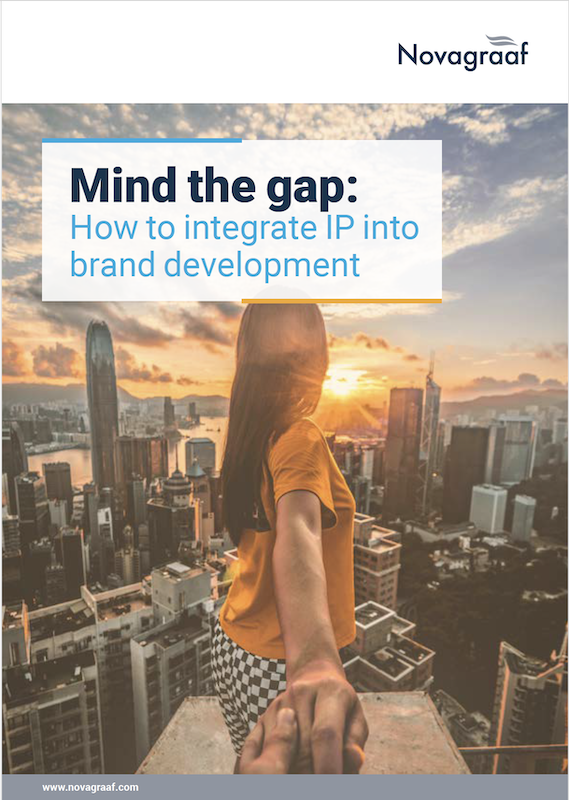Trademark eligibility: Puma overcomes Nike in ‘footware’ case

Two world-famous sportswear brands recently came head-to-head in a battle over the trademark ‘footware’, with Puma objecting to Nike’s trademark on the basis that it is not eligible for protection, as Lisanne de Vries explains.
US athletic footwear and apparel corporation Nike, Inc registered a European trademark (EUTM) for ‘footware’ in 2019. Its idea was to connect the concept of footwear with 'software' or 'hardware' in a range of products containing technology – or ‘smart’ shoes.
The mark was filed under class 9 (computer hardware and software), 38 (telecommunications services) and 42 (application service provider with API software – API software enables integration of the object with other devices).
Rival sportswear brand Puma SE filed an application for a declaration of invalidity in 2020, citing articles 7(1)(c) and 59(1)(a) of Regulation (EU) 2017/1001 of the European Parliament and of the Council of 14 June 2017 on the EUTM regarding trademark eligibility. These state that a trademark may not be descriptive of the goods or services for which it is registered.
A descriptive term?
After the Cancellation Division of EU Intellectual Property Office (EUIPO) rejected the application for a declaration of invalidity, Puma launched an appeal. EUIPO allowed this appeal on the grounds that the mark was descriptive of the services in question. Basing its assessment on the English-speaking public with a certain basic knowledge, EUIPO agreed that the public could potentially confuse the term ‘footware’ with ‘footwear’ and assume that it related to normal footwear.
Subsequently, Nike appealed the EUIPO's ruling before the EU General Court, putting forward several arguments against the decision. This case was dismissed by the General Court in June 2024.
A question of perception?
In its arguments, Nike claimed that EUIPO had not properly conducted its examination of the descriptive character of the mark ‘footware’. However, according to the General Court, EUIPO's examination was thorough and logical: the term ‘footware’ was interpreted as a contraction of 'footwear' and 'software', which refers to technology applied to shoes. The General Court confirmed that EUIPO had made a correct assessment of the descriptive character, and that this assessment of trademark eligibility was based on an objective analysis of the meaning of the term for the relevant public.
Secondly, Nike argued that Puma had submitted its evidence too late and so should not have been considered. The General Court held that although the evidence had been submitted late, it was still relevant for the assessment of the descriptive character of the mark. It also emphasised that the EUIPO's considerations were based on a broader analysis and that the delay in submitting the evidence did not have a decisive impact on the final decision.
Thirdly, Nike sought to argue that 'footware’ is not descriptive of the goods and services for which it is registered, but rather suggestive, which the brand claims meets the requirements for trademark eligibility and, therefore, registration. However, the General Court ruled that the term is descriptive of the goods and services for which the mark was registered as it is a logical designation for products and services related to smart shoes and footwear technology. For the relevant public, the term provides a clear description of the characteristics of the products and, as a result, the term does not meet the requirements for trademark protection.
Accordingly, the General Court concluded that none of the arguments put forward by Nike constituted grounds for reviewing the EUIPO decision refusing registration of the mark ‘footware’, meaning Nike no longer has the exclusive right to sell smart shoes under this sign. That may not be the end of the matter, however. If Nike does not agree with the General Court's ruling, it can still appeal to the Court of Justice of the European Union (CJEU).
With descriptiveness a common barrier to trademark registration, it’s important to consult a trademark attorney when selecting a new brand name. To find out more about trademark eligibility, read our article ‘Trademarks: More than a description’, speak to your Novagraaf attorney or contact us below.
Lisanne de Vries works in the Knowledge Management department at Novagraaf in Amsterdam.
